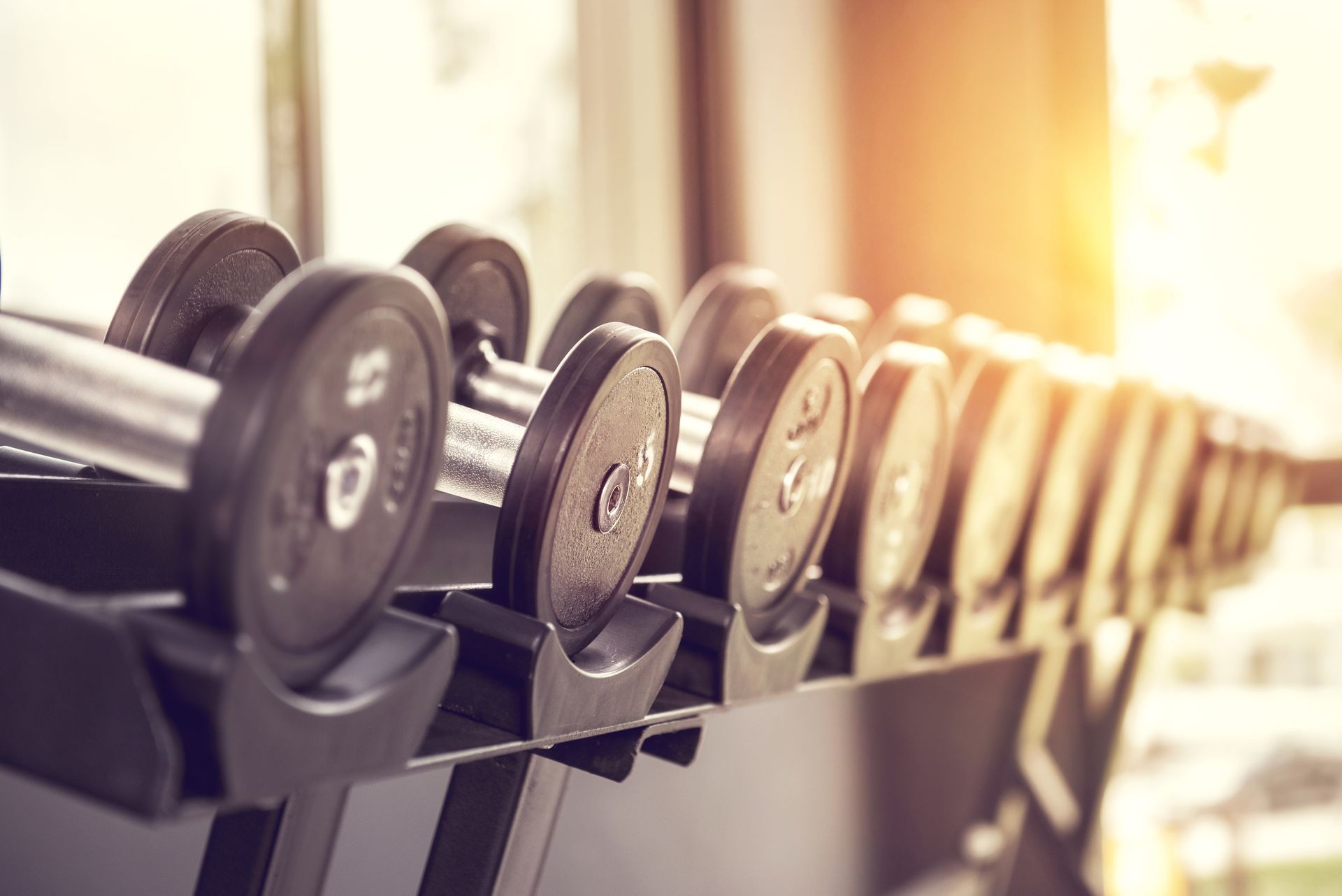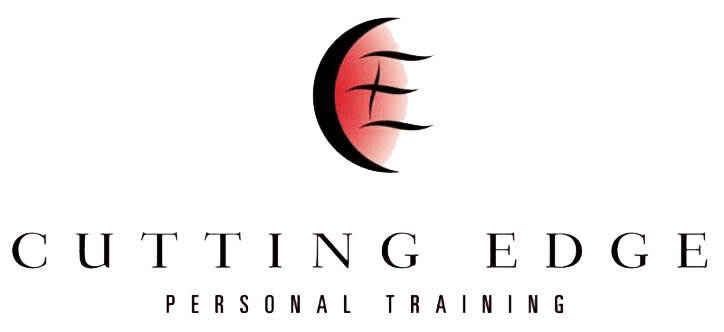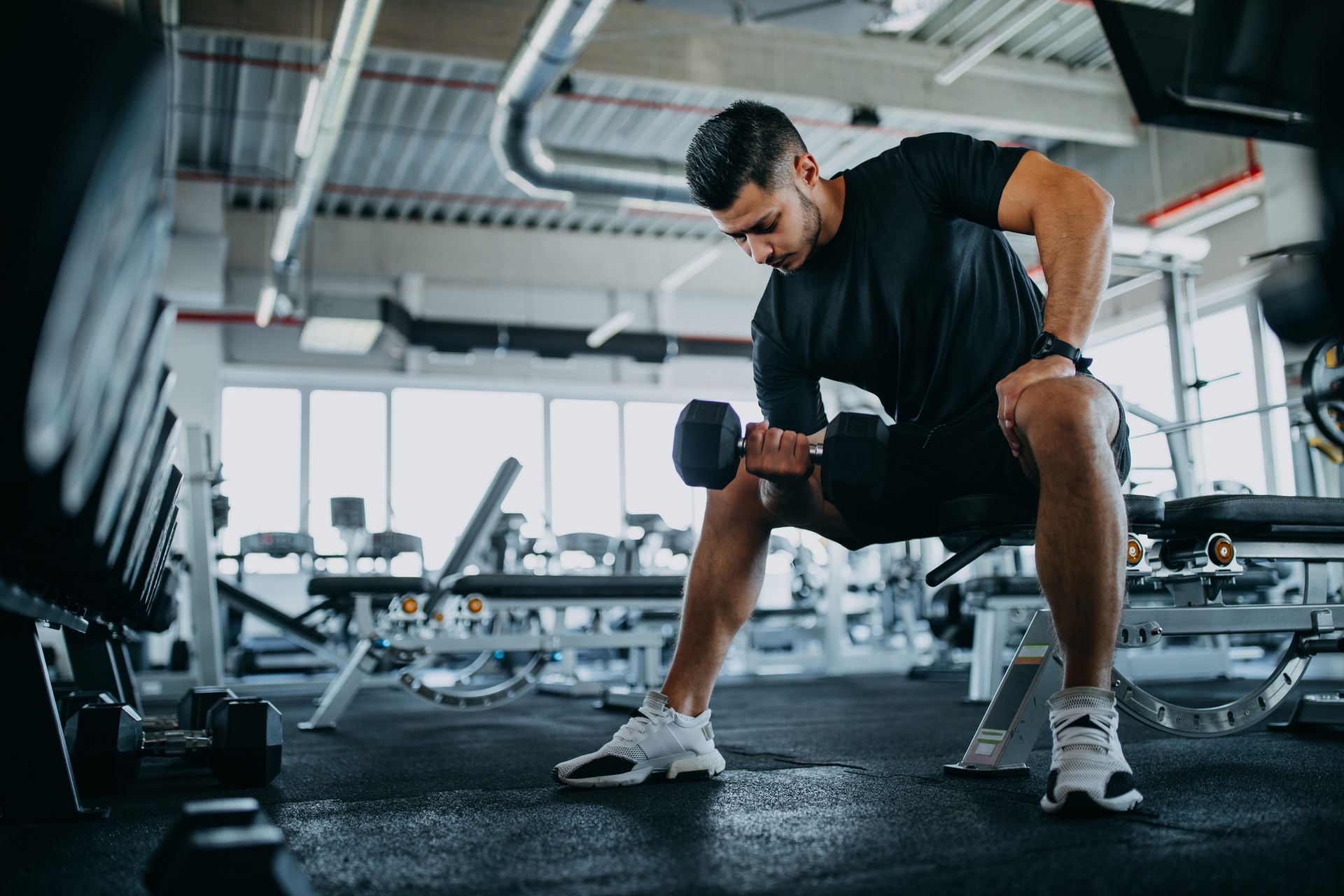February 3, 2023
Creatine For Weight Loss
Read this article to learn Nashville personal trainer, Jim Cipriani’s practical applications of creatine in the context of weight loss.

Are you trying to get shredded, buffed up, or just stay fit? If so, you might've heard about many 'miracle' supplements like creatine and wonder - does it work for weight loss?
Welcome, fellow fitness fanatics!
Today we’ll be discussing one of the hottest topics in fitness supplementation – can creatine help in breaking those pesky weight loss plateaus and give you that perfectly sculpted muscle physique?
Let's dive right in - hopefully, by the end of this blog post, you’ll find that your questions will be answered.
What Is Creatine?
Creatine is an organic compound that exists naturally in muscle cells and plays a role in the generation of adenosine triphosphate (ATP), which releases energy to fuel muscular contractions.
Produced both endogenously (internally) and through dietary sources such as red meat, creatine has been shown to have a variety of performance benefits when supplemented regularly.
This makes it a beneficial supplement for athletes and those looking to increase their overall physical health.
An important consideration here is that creatine is NOT a steroid, as many people in the general population seem to think.
Instead, it is a naturally occurring compound. But due to the fact that most modern foods are poor in creatine content, supplements have become a viable option.
The Effects
Creatine is one of the most (if not THEE most) researched and widely used supplements today, especially among athletes looking to improve their performance.
This supplement is also known to be extremely safe for use, with no side effects for most users.
What exactly are the benefits in terms of performance?
Let's find out!
Strength Gains
Creatine is widely considered by fitness experts to be one of the most powerful and effective supplements for increasing strength.
This supplement can help improve muscular strength, increasing the individual’s ability to sustain high loads.
Creatine also plays a role in replenishing ATP stores, which are the body's primary energy source during exercise and activities that require sudden bursts of energy.
Strength Endurance
Besides maximum strength, creatine seems to be effective in increasing strength endurance, making it an ideal choice for those impact sports or exercises that involve short bursts of energy, such as sprinting and powerlifting.
What makes creatine truly extraordinary is its ability to increase both strength and endurance at the same time - a hard-to-beat combination when it comes to achieving peak levels of physical performance.
The best part is it contains no stimulants, which makes it a safe supplement for those looking for an extra edge during their workouts.
Muscle Mass
Creatine can be a great supplement to include in a workout routine, as it has been clinically studied and proven to help increase or maintain muscle mass. This is achieved in two different ways:
1. Creatine is stored in the muscle, pulling water in with it. This creates a volumizing effect, making a muscle bigger and fuller. This is achieved rather fast, as even with a moderate dose of 3-5 grams per day, your muscles will be fully saturated inside of a month.
2. Since creatine aids in promoting strength and strength endurance, the ability to achieve progressive overload is increased. And being that progressive overload is one of the prime drivers of muscle hypertrophy, the effect of your efforts combined with creatine use can aid in measurable muscle gains. This is a longer-term effect.
But this blog post is about weight loss. And well, during a period of weight loss, nurturing your muscle mass is vital.
What Do You Need To Lose Weight?
In order for people to reach their weight loss goal, it is essential to maintain an energy (calorie) deficit. This means that you need to burn more calories than what you consume.
For instance, if your body needs 2500 calories to MAINTAIN its weight, consuming 2000 calories will result in weight loss.
No matter how you slice it, this is the main driver of weight loss. And it requires consistency and determination.
How Can Creatine Help?
Losing weight is a goal shared by a diverse array of individuals. However, simply shedding pounds is not enough.
Conserving muscle mass and strength while losing weight is essential in order to support the body's overall health, structure, and efficiency.
Though creatine does not directly impact weight loss, its regular use can be beneficial in the context of maintaining muscle mass during a caloric deficit.
Regardless of how much weight an individual wishes to lose, this supplement can help to ensure that muscle mass and strength are efficiently maintained throughout the process and provide significant assistance for long-term health benefits.
Something Worth Noting
There is a difference between losing weight and losing bodyfat. Unless you’re trying to make a weight class for a sport (like wrestling or even some physique competitions), losing bodyfat should be your goal.
Because creatine is stored in the body with water, there may be a weight increase with it. Not a lot. But it’s not zero.
So if you’re on a weight loss journey and supplementing with creatine, take into consideration that this could effect what the scale says. This is really only noticeable if you start using creatine during or at the same time as you start your deficit dieting.
Again…the goal should be fat loss. Not just weight loss.
Recommended Doses
Taking the proper creatine dose is a crucial step in getting the most out of your nutritional supplementation and weight loss efforts.
It is important to understand that recommended doses can vary depending on individual factors such as age, gender, weight, goals, and experience with supplemental creatine.
Additionally, there may be differences between brands or forms of creatine supplements being used.
Nevertheless, if you're using a creatine monohydrate supplement from an established brand, your ballpark recommended daily dose is about 5g/day.
Because creatine isn't a stimulant, you can take it at a time that you find fit.
Final Thoughts
I’m a fan and advocate of creatine use. Many of the personal training clients that I work with in Nashville have benefitted greatly from supplementing with it during a weight loss phase. As have most of my Online Coaching clients.
So, if you’re looking to drop a few pounds and want to be sure that your hard-earned muscle mass doesn’t disappear in the process, creatine may be a supplement worth considering – but only when combined with sensible dieting and exercise habits.
Just don’t expect it to do all the work for you!





